One of the most important comforts of an RV, especially in colder climates, is a reliable furnace. While they silently work in the background to keep you warm, on rare occasions, they might start producing unusual odors, which can be a source of concern. These smells are often an indicator of an underlying issue that you need to address.
Understanding what these smells coming from your RV furnace mean is the first step toward diagnosing and resolving the problem, ensuring your furnace operates safely and efficiently. Once you do, you’ll be better equipped to handle any strange smells from your RV furnace, keeping your travels warm and worry-free.
Common RV Furnace Smells and Their Meanings
An unusual smell from your RV furnace is your system’s way of telling you something needs attention. Identifying the specific odor is crucial for diagnosing the problem correctly. Here are some of the most common smells and what they likely indicate.
Burning Smell
A burning smell is one of the most frequent complaints from RV owners, especially when using the furnace for the first time in a season. It can mean one of two things in most cases.
Dust and Debris
- What it means: When your furnace has been inactive for several months, dust, dirt, and small debris can settle on the heat exchanger and in the ductwork. When you turn the furnace on, these particles burn off, creating a distinct burning odor. This is a normal occurrence and often referred to as “furnace burn-off.”
- What to do: Typically, this smell should dissipate after the furnace runs for 15 to 30 minutes. To help clear it out, open the windows and vents in your RV to allow for proper ventilation. If the smell persists for more than an hour or smells intensely like plastic or rubber, you should turn off the furnace and investigate further.
Electrical Issues
- What it means: A more acrid, plastic-like burning smell can signal an electrical problem. This could be due to an overheating motor, frayed wiring, or a failing electrical component. These issues are serious as they pose a significant fire hazard. An overheating blower motor can melt its wire casings, producing a strong chemical or electrical burning odor.
- What to do: If you suspect an electrical issue, turn off the furnace and disconnect your RV’s power supply immediately. Do a visual inspection of the furnace components for any signs of melted plastic, scorch marks, or damaged wires. Electrical problems in an RV furnace require professional attention, so it is best to contact a certified RV technician.
Musty Smell
A musty or moldy odor often points to moisture problems within your RV’s heating system. These typically aren’t as critical, but are still important to deal with.
Mold and Mildew
- What it means: Condensation can form inside the furnace and ductwork, especially if you stored the RV in a humid environment. This moisture creates an ideal breeding ground for mold and mildew. When the furnace fan turns on, it circulates these musty spores throughout your RV, which can trigger allergies and respiratory issues.
- What to do: The first step is to locate the source of the moisture. Inspect the furnace compartment and ductwork for any signs of water leaks or condensation. You may need to clean the ducts and the furnace’s drain pan. Using a dehumidifier in your RV can help control humidity levels and prevent future mold growth. A dirty or clogged air filter can also contribute to this problem, so check and replace it if necessary.
Chemical Smell
A sharp chemical smell is something you should always take seriously. Many people compare this smell to formaldehyde, which can be alarming but is obvious to detect.
Cracked Heat Exchanger
- What it means: One of the most serious causes of a chemical smell is a cracked heat exchanger. The heat exchanger is responsible for separating the combustion gases from the air that gets blown into your living space. If it cracks, dangerous gases can leak into your RV. These gases can sometimes have a chemical odor.
- What to do: A cracked heat exchanger is a critical safety hazard. Turn off the furnace immediately and ventilate your RV. While some of the gases will have a smell, carbon monoxide is odorless and deadly, so you’ll need a functional CO detector in your RV at all times. If you suspect a cracked heat exchanger, do not use the furnace until it has been inspected and repaired or replaced by a professional.
Rotten Egg Smell
The smell of rotten eggs is a clear indicator of a propane gas leak. If your RV is entirely electrical, you won’t have to worry about this one, but it’s still an important smell to be aware of.
Propane Leak
- What it means: Propane is naturally odorless. Since it can be dangerous, manufacturers add mercaptan to it, a chemical that emits a distinct rotten egg smell. If you notice this odor, it likely indicates a leak in the propane lines, fittings, or within the furnace itself. Propane is highly flammable, and a leak poses an immediate risk of fire or explosion.
- What to do: If you smell rotten eggs, act quickly. Avoid using any open flames, sparks, or electrical switches, and extinguish all pilot lights and smoking accessories. Shut off the main propane supply at the tank right away, then open all windows and doors to ventilate the RV. Evacuate the vehicle and maintain a safe distance. Once you’re in a secure location, contact a certified RV technician or your propane supplier to inspect and repair the system.

When To Call a Professional
Even once you know what all the potential smells that come from your furnace mean, you won’t be able to handle them all on your own. For example, if a burning smell persists after the initial burn-off period, you’ll need to call a certified RV technician. You should also contact them if you smell the scent of electrical burning or see signs of melted components, or if you suspect a propane leak.
Unusual noises, such as banging or rattling coming from the furnace, as well as issues like the furnace not producing heat or cycling on and off frequently, are also signs that you might need professional help. Attempting to repair complex furnace issues without the proper knowledge and tools can be dangerous. A professional technician will have the expertise to diagnose the problem accurately and perform safe, effective repairs.
Safety Precautions
To be even safer, though, pair your furnace with a few additional safety measures. Make sure your RV is equipped with working smoke and carbon monoxide detectors. Test these devices regularly and replace the batteries at least twice a year.
It’s also essential to familiarize yourself with your propane system, knowing how to shut off the propane supply to your RV in case of a suspected leak. Finally, regular maintenance is key. Have your RV furnace inspected and serviced annually by a qualified technician to prevent common problems and ensure safe operation.

When To Get a New Furnace
If the qualified professional can’t fix your issue, it’ll be time to look for a proper replacement RV furnace. Be sure to get one that fits your needs and won’t be as likely to fail on you in the future. It’s worth the investment to get something that’ll keep you and your family and friends safe.
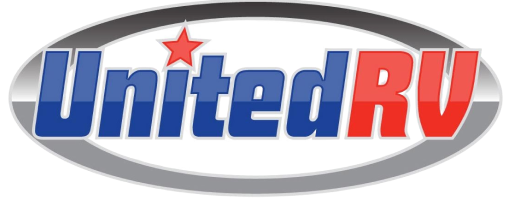

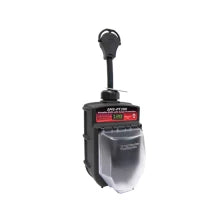
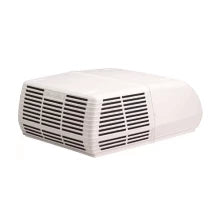
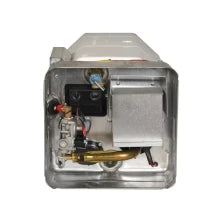
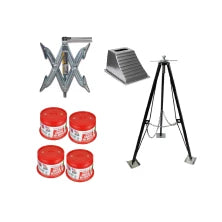
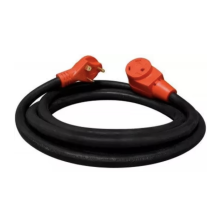
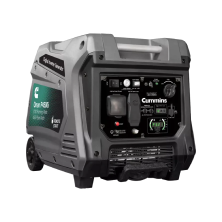
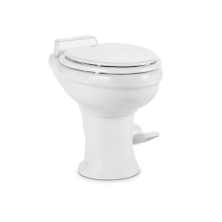
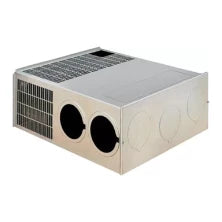
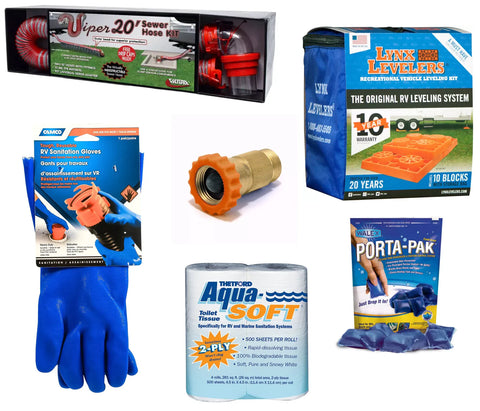
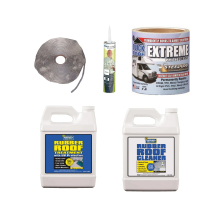
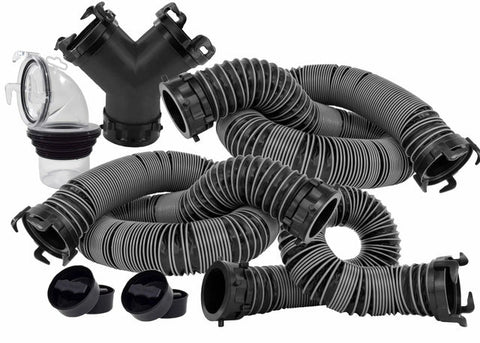
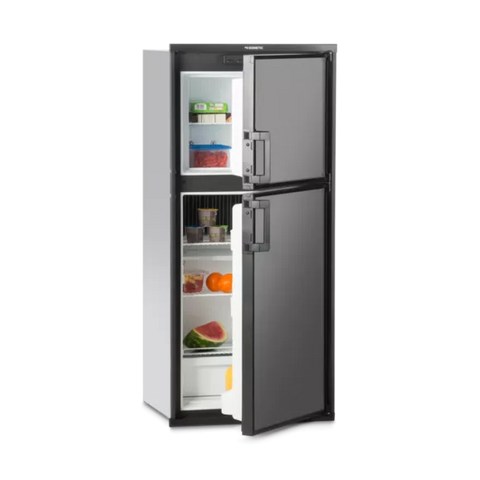
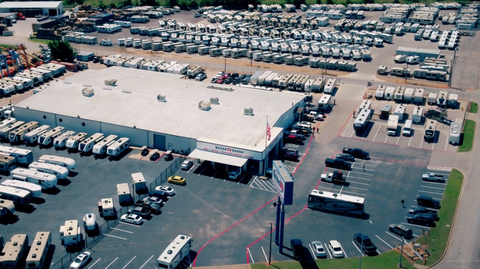
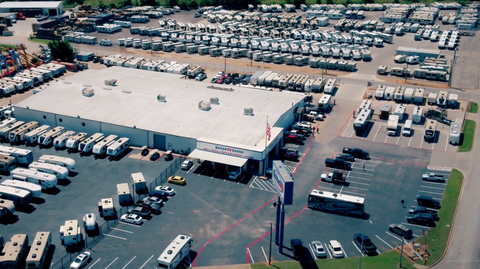
Comments (0)
There are no comments for this article. Be the first one to leave a message!